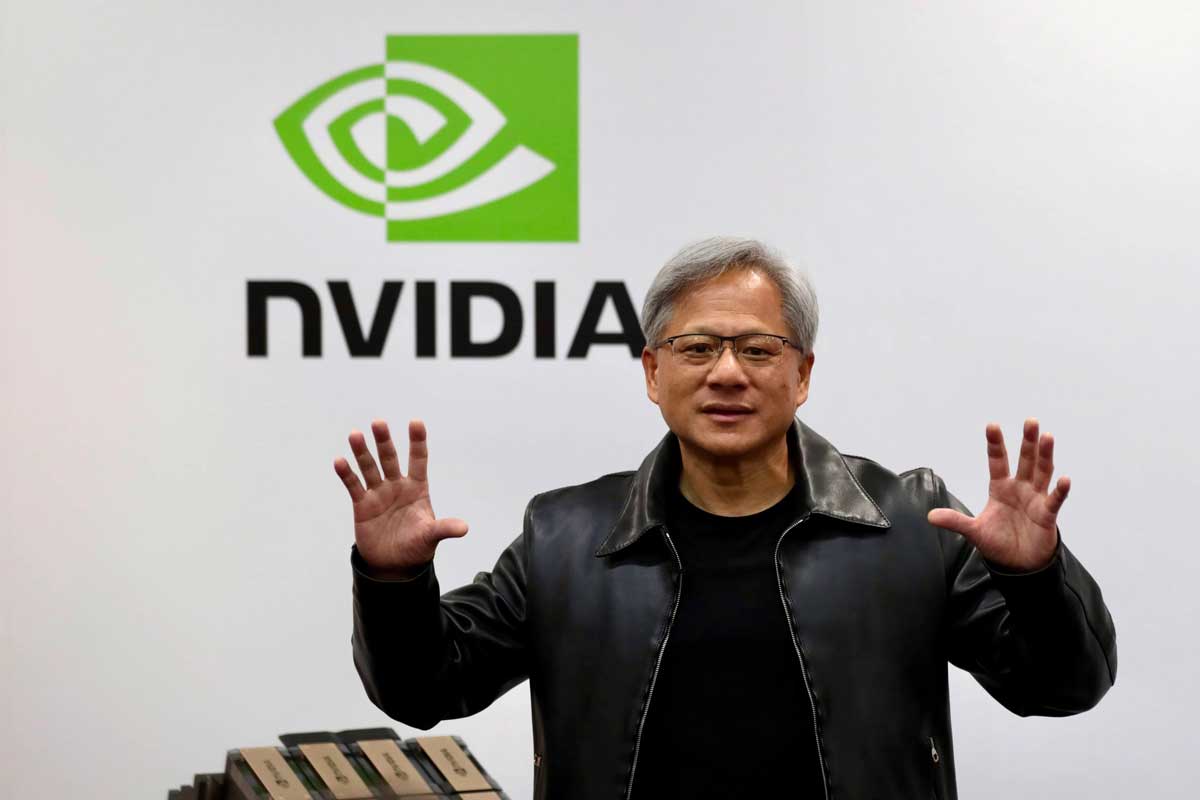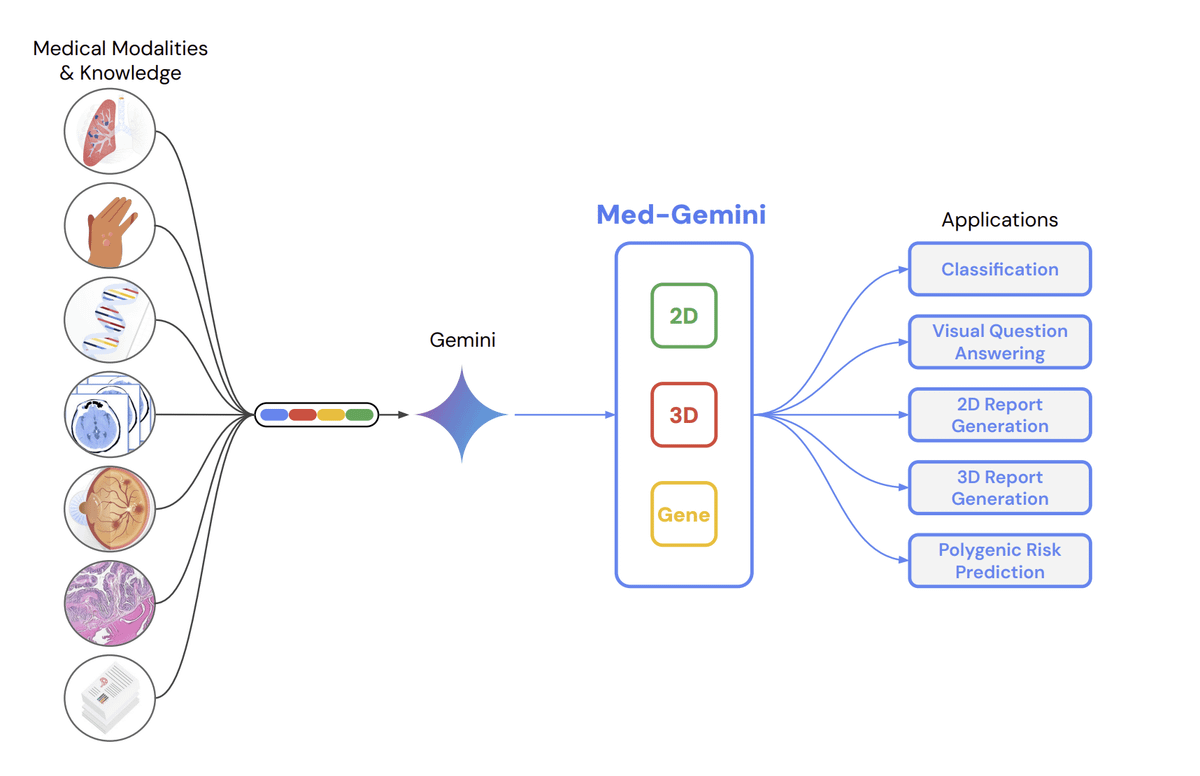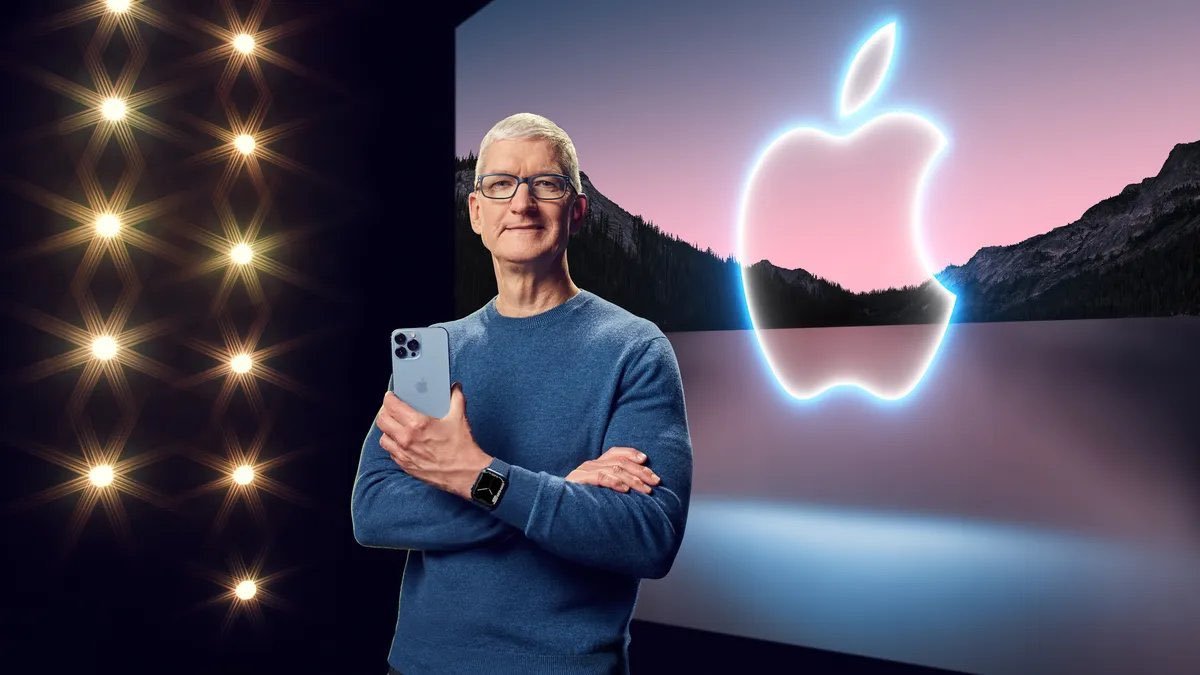At the recent World Government Summit in Dubai, a powerful voice rose above the din of global conversation: Jensen Huang, CEO of tech giant NVIDIA, issued a clarion call. His message? Every nation, regardless of size or resources, must develop its own Sovereign AI.
Sovereign AI, as Huang envisions it, isn’t just about having some fancy algorithms humming away in a server room. It’s about a fundamental shift in power, a reclaiming of national autonomy in the age of artificial intelligence. It’s about ensuring that the decisions made by AI, which will increasingly impact everything from healthcare to defense, reflect the values and priorities of each individual nation.
Huang’s call isn’t a mere suggestion; it’s a stark warning. He paints a future where AI becomes the defining factor in global dominance, with a handful of countries holding the reins. This, he argues, can lead to cultural homogenization, economic disparity, and even security threats.
But there’s hope. By nurturing Sovereign AI, Huang believes nations can:
- Protect their cultural identities: Algorithms trained on local data and infused with local understanding can offer solutions tailored to individual cultures, preserving unique ways of life.
- Boost economic competitiveness: Developing domestic AI expertise fuels innovation, fosters new industries, and creates high-skilled jobs within a nation’s borders.
- Ensure national security: Sovereign AI allows nations to control sensitive data and decision-making processes, mitigating the risk of foreign manipulation or interference.
However, the path to achieving Sovereign AI won’t be smooth. Challenges abound:
- Infrastructure: Building the necessary computing power and data centers requires significant investment and expertise.
- Talent: Attracting and retaining top AI researchers and engineers is a global competition, and smaller nations might struggle.
- Data accessibility: Sharing data across borders for research and development raises privacy concerns and requires careful regulatory frameworks.
Despite these hurdles, Huang’s message resonates. Leaders around the world are recognizing the importance of AI and taking steps to establish their own capabilities. From China’s ambitious AI programs to the European Union’s focus on ethical AI development, the race is on.
But it’s not just about competition. Sovereign AI, at its core, is about empowerment. It’s about ensuring that nations, both large and small, have a say in shaping the future of AI, a future that impacts all of us. So, are you listening? Will your country heed the call and forge its own path in the AI revolution?






Leave A Comment